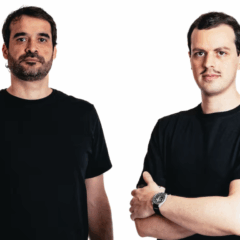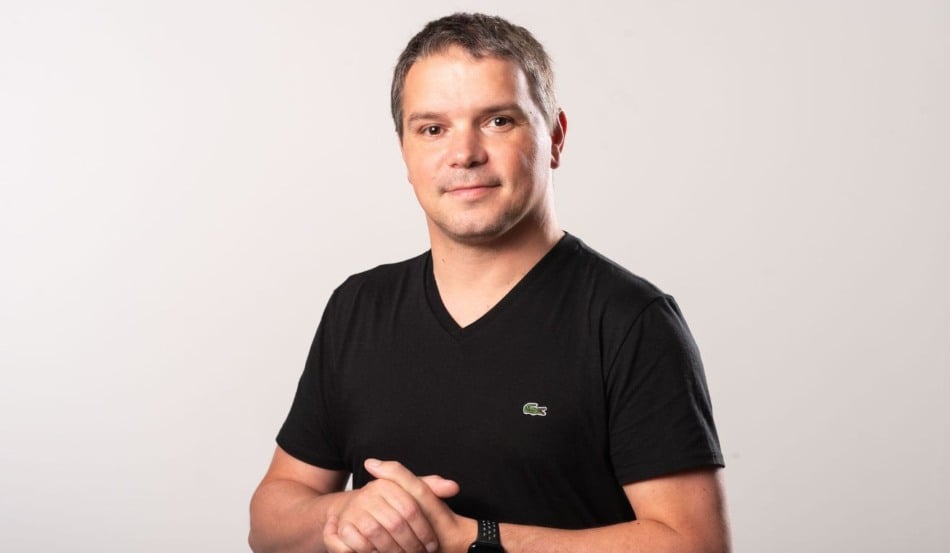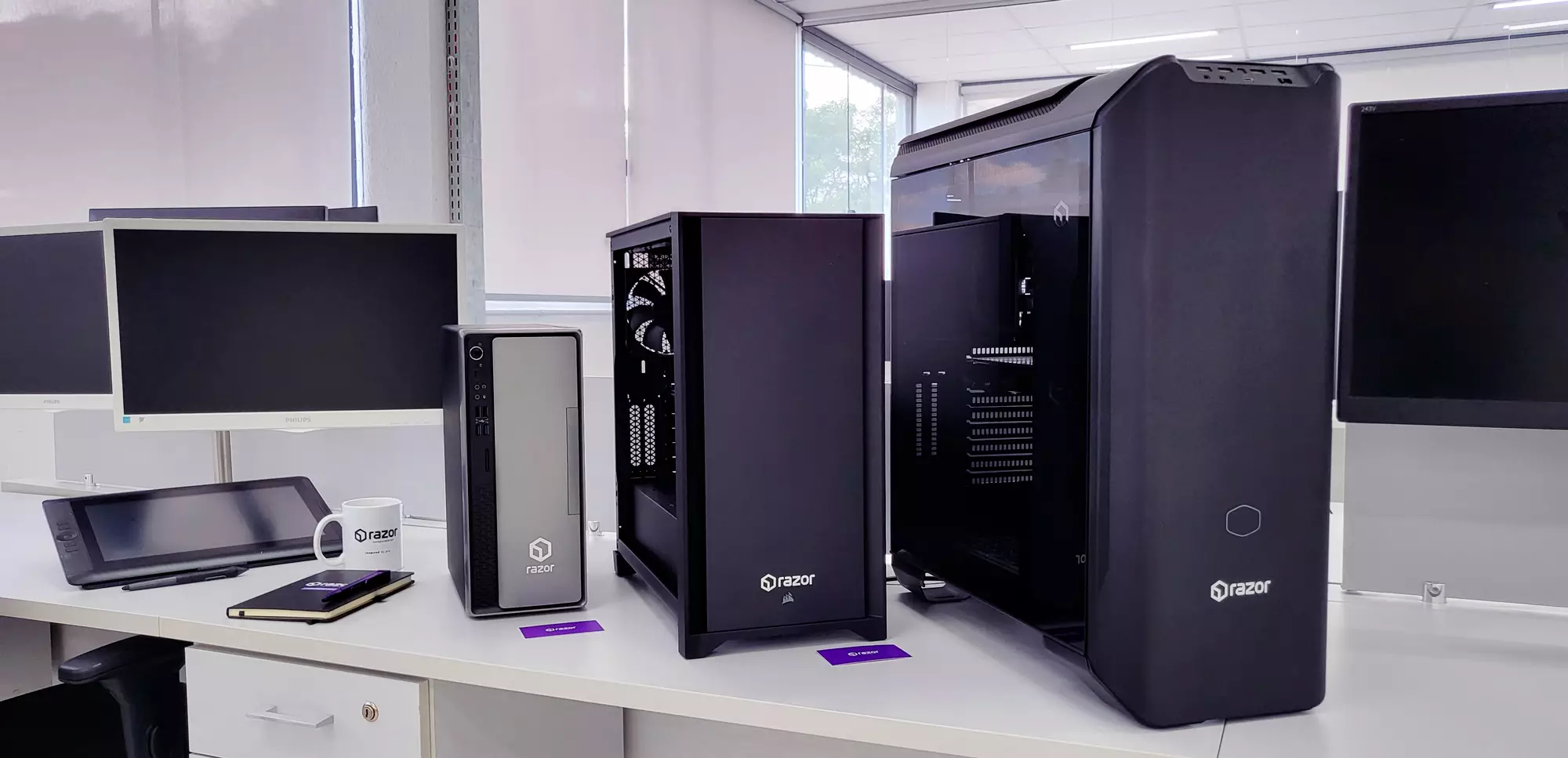
The proptechs and construtechs market is moving at full steam in Brazil, even though the growth in the number of startups in that segment has slowed down. This is the upshot of the sixth edition of the Map of Construtechs and Proptechs, a survey carried out by Terracotta Ventures, a Brazilian venture capital firm focused on the real estate and civil construction markets.
According to the study, between May 2021 and May 2022, the total number of active startups in the sector grew by 13.82%, and investment rounds in startups in the sector reached 5.83 billion Brazilian reais ($1.2 billion).
Over that period, the segment saw the emergence of 116 new startups, a number lower than what had been recorded in previous editions of the study. From 2019 to 2020, some 136 new startups emerged (up 23.98%), and from 2020 to 2021 there were also 136 new startups (up 19.34%). On the other hand, about 12.4% of the startups that were cited in the 2021 edition of the map ended their activities.
Overall, the study identified 955 active startups across the entire cycle of projects, construction, acquisition and property in use in the construction and real estate industries. Among the ventures mapped in the study, 64.58% are proptechs focused on the transaction environment and properties in use, while the remaining 35.42% are construtechs, focused on the design and construction journey.
Regarding the territorial presence, 43.12% of the total of construtechs and proptechs in Brazil are concentrated in São Paulo, which is followed by the southern states of Santa Catarina and Parana and the Southeastern state of Minas Gerais (11.44%, 10.45% and 8.69% respectively).
“The study demonstrates a continuity in the growth cycle, following a behavior similar to that observed in more mature markets such as the USA and Europe”, noted Bruno Loreto, managing partner of Terracotta, in a statement.
Deals and M&As in the Brazilian construtech and proptech markets
The study also highlighted the sector’s movements in relation to the pace of investments, as well as mergers and acquisitions. In the last year, 67 investments took place involving startups in the segment, an increase of 11.6% in the volume of rounds compared to what was recorded in the 2021 edition of then study.
Over here at Startups we’ve been tracking several investments wanting to occupy this disputed market. For example, we’ve recently covered the strategy at aMORA, a startup aimed at helping those unable to buy a property in the current financing models – and which closed its first institutional fundraising effort. The $3.2 million round was led by Global Founders Capital, whose portfolio includes LinkedIn, Facebook and Trivago.
Back to the study, among the topics approached are the theses that are attracting investors. The most attractive areas include fintechs focused on the real estate segment, real estate services (Real Estate as a Service) and startups enabling real estate transactions digitally, which also points to a change in the value of investments and the stage of these investments.
“We are in a phase that is past the stage of brilliant ideas: we are now seeing more robust companies with more experienced executives, with investors who understand that market better. This is a good time for more significant bets on more relevant businesses”, said Marcus Anselmo, managing partner at Terracotta Ventures.
In addition, Anselmo pointed out that the construtech and proptech ecosystem is going through a slow consolidation, evidenced by the growth in the number of M&As carried out in the last few years. Since 2014, nearly 50 startups have gone through this process, with 54.05% acquired by other startups and 45.95% by larger companies.
“A noteworthy point of the study is the role of the financial market, which represents 17.85% of acquiring players. Among the possible drivers for this movement is the interest in offering complementary solutions on a single platform”, he concluded.
FURTHER READING: Startup investments down 4% in Brazil – but it’s all OK, still







